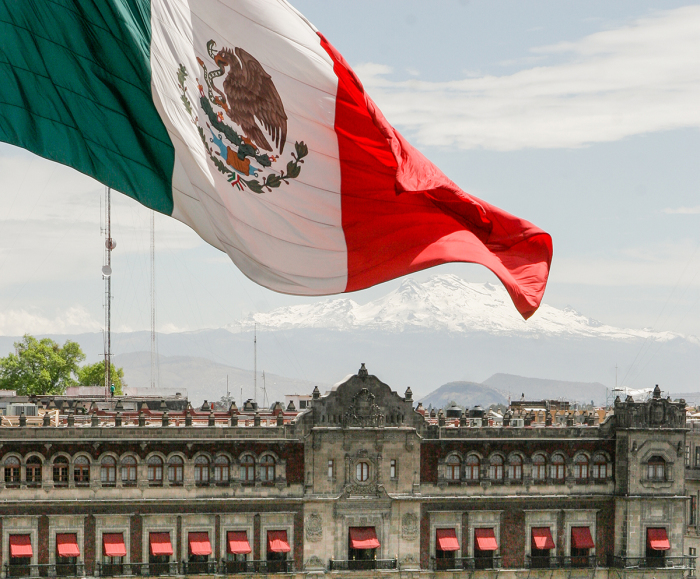Dutch brother influencers arrested in Dubai
on drug charges
Dutch self-proclaimed multimillionaire brothers Samuel (25) and Ruben (23) Onuha have been arrested in Dubai, multiple sources confirmed to De Telegraaf. Their arrest is reportedly linked to drug-related charges, though authorities have not disclosed specific details.
The Dutch Ministry of Foreign Affairs has acknowledged being aware of the arrest but stated that it has not been asked to provide legal assistance. The brothers’ family declined to comment on the situation, and it remains unclear who is representing them legally. Dubai police have referred inquiries to the Criminal Investigation Department (CID), which has not responded, reportedly due to Ramadan.
The Onuha brothers, known for flaunting their wealth on social media, have reportedly become the talk of Dubai. Their arrest has sparked widespread discussion among influencers on YouTube and TikTok. Samuel, who founded the online fashion brand Icon Amsterdam in 2018, has previously claimed to have sold hundreds of thousands of pants and amassed a fortune of 30 million euros.
In Dubai, the brothers lived a high-profile lifestyle, frequently displaying luxury cars, expensive watches, and private jet trips. They also promoted dropshipping masterclasses, advertising the potential for massive earnings. In online videos, they claimed to generate millions per week through e-commerce. Samuel once stated, “The world rewards risk-takers.”
Despite their success claims, the actual financial performance of Icon Amsterdam is unclear. The company’s latest available financial statement from 2022 does not indicate the alleged multimillion-euro revenues. The company has not provided clarification, and its customer service reports significant delays in responding to inquiries. The investigation into the Onuha brothers’ case in Dubai remains ongoing.
Notorious Mexican cartel leader gets life in prison, $6B fine for drug trafficking, firearms offenses

One of the founders of a powerful Mexican cartel will spend the rest of his life in federal prison after a court imposed a life sentence plus 30 years on major drug trafficking and firearms charges. He must also forfeit more than $6 billion in illicit proceeds.
U.S.-Mexican dual national and co-founder of the Cartel de Jalisco Nueva Generación, 34-year-old Ruben Oseguera-Gonzalez, received the sentence in the District of Columbia, the U.S. Department of Justice said in a statement Friday.
Prosecutors confirmed that he oversaw the importation of multi-ton shipments of illegal drugs into the U.S. and directed violent acts on behalf of the cartel.
According to officials, he personally killed five individuals who owed him money, and he shot both a rival cartel member and a subordinate. Investigators found that he carried firearms, including a rifle and grenade launcher bearing his nickname, which he used to threaten Mexican law enforcement during his arrest.
Court documents also noted that he ordered the murder of more than 100 people, and he participated in some of those killings himself.
“This defendant helped build Cartel de Jalisco Nueva Generacion into a brutal terrorist organization that pumps poison onto our streets and commits horrific acts of violence,” said Attorney General Pamela Bondi.
Oseguera-Gonzalez co-founded the cartel with his father, Nemesio Oseguera Cervantes, also known as El Mencho, who remains a fugitive.
Oseguera-Gonzalez’s role included trafficking more than 50 metric tons of cocaine and overseeing laboratories that produced at least 1,000 metric tons of methamphetamine in Mexico. Court filings revealed that he contributed to the early stages of a fentanyl operation and once pledged to “do it big” by creating counterfeit oxycontin pills laced with fentanyl.
Oseguera-Gonzalez’s leadership in the CJNG spanned nearly seven years in Mexico. During this period, he reportedly provided weapons and orchestrated brutal activities to maintain cartel operations.
He directed a 2015 attack on a Mexican military helicopter. The helicopter was shot down while pursuing Oseguera-Gonzalez and his father, leading to the death of at least nine Mexican service members and permanently disfiguring at least one other.
The Department of Justice confirmed that Oseguera-Gonzalez’s intent was to evade capture, and the incident delayed efforts by Mexican authorities to apprehend him.
Oseguera-Gonzalez operated on both sides of the U.S.-Mexico border. The cartel’s geographic reach included several Mexican states, as well as shipments that infiltrated American markets.
Last month, a binational enforcement operation between Mexico and the U.S. disrupted a cartel-linked smuggling network that allegedly kidnapped migrants and extorted their families. Mexican authorities arrested two suspects, identified as Brian Alan Torres Gonzalez and Soledad Morales Nava, who will face prosecution in Mexico with evidence from U.S. officials.
Officials believe it not only moved adults but also children from Central America into El Paso, Texas, allegedly demanding payment before completing the migrants’ entry into the U.S.
===============================================================================================

















